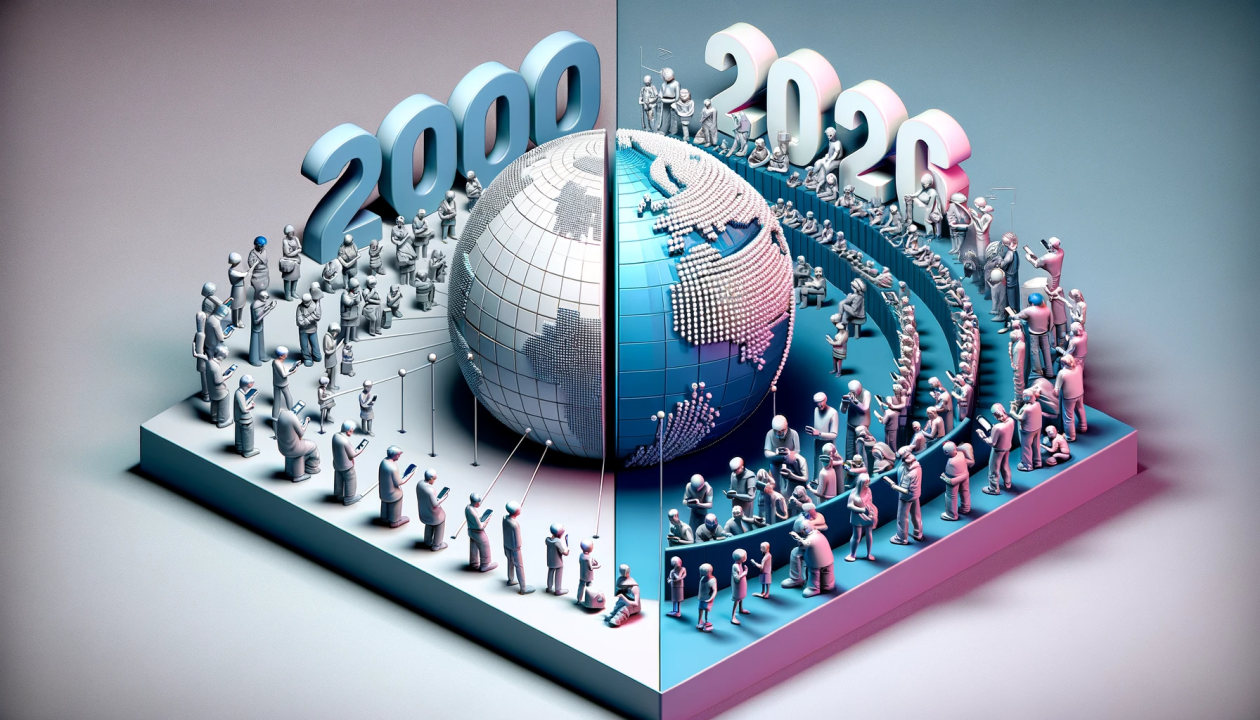Introduction
The contemporary global stage is defined by the intersection of cutting-edge technology, evolving political dynamics, and the amplified voices of celebrities. These forces now operate in tandem, influencing public perception, guiding policy decisions, and shaping international relations with unprecedented speed and reach. The interconnectedness of digital, political, and cultural systems creates an ecosystem where influence is simultaneously technological, political, and social.
As nations adopt AI, expand digital infrastructure, and navigate shifting alliances, public figures contribute to discourse on a scale previously reserved for institutions. The interplay of these elements redefines leadership, public engagement, and global priorities, forming a framework where innovation, reputation, and governance are inseparable.
Technology as a Driver of Global Transformation
Technological advancements have become central to shaping global economies and international relations. Artificial intelligence, cybersecurity, and data analytics define how nations compete, trade, and establish influence. The ability to harness these technologies often determines economic stability and geopolitical leverage.
This transformation also affects everyday life, as smart systems guide education, transportation, and health infrastructure. Nations that fail to innovate risk losing relevance, while those that lead technologically gain a platform for global influence that extends beyond traditional diplomacy and military power.
Celebrity Influence in the Age of Digital Activism
Celebrities now wield significant cultural and political influence, shaping public discourse and mobilizing attention to global challenges. Their digital reach allows them to act as intermediaries between institutions and the public, influencing opinions, fundraising efforts, and social campaigns worldwide.
While this influence can drive positive change, it also necessitates careful responsibility. Celebrities must navigate the complexities of advocacy, ensuring their messaging is informed and accurate to avoid unintended consequences or misrepresentation of critical issues.
Political Adaptation to the Digital Era
Political institutions are rapidly evolving to address the challenges of a digital-first world. Data protection laws, AI oversight, and cybersecurity regulations are becoming central to governance, ensuring that national strategies align with technological advancements while safeguarding public interest.
These adaptations reflect a shift in power distribution, as governments now balance public engagement, technological innovation, and ethical oversight simultaneously. Leaders must respond to societal expectations shaped by instantaneous communication and digital transparency.
Artificial Intelligence and Global Communication
AI is transforming global communication by guiding information flow, shaping public opinion, and determining content visibility across digital platforms. These systems impact elections, social movements, and international policy discussions by providing both efficiency and unprecedented influence over information ecosystems.
The growing presence of AI in decision-making highlights ethical considerations. Nations and organizations must manage algorithmic transparency, mitigate bias, and ensure that technological efficiency does not compromise fairness or societal trust.
Digital Alliances and the Future of Diplomacy
International alliances are increasingly formed based on technological collaboration. Cybersecurity agreements, AI research partnerships, and data-sharing initiatives now define diplomacy as much as traditional trade or defense pacts.
This new diplomacy emphasizes shared innovation and collective security, reshaping traditional geopolitical relationships. Countries capable of leading in technological innovation gain influence, while emerging nations seek strategic partnerships to secure their place in the global digital ecosystem.
Entertainment, Ethics, and Public Engagement
Entertainment platforms have become crucial for shaping awareness of global issues. Films, music, and digital media often integrate technology, politics, and social commentary, influencing audiences’ understanding of complex global challenges.
This integration requires ethical responsibility from creators. As entertainment serves as a conduit for public engagement, ensuring factual accuracy and responsible messaging becomes essential to foster informed and critical global citizenship.
FAQs
How is technology transforming global influence?
Technological innovation provides nations with economic, military, and diplomatic leverage that defines international standing.
Why are celebrities important in global discourse today?
They amplify awareness, mobilize audiences, and influence opinions on social, political, and humanitarian issues worldwide.
What challenges do governments face with digital adaptation?
Balancing innovation with regulation, ensuring privacy, and maintaining public trust are central challenges in a digital-first environment.
How does AI shape communication and information?
AI algorithms control information visibility, influence public perception, and assist governments and institutions in decision-making processes.
Why is entertainment crucial for global engagement?
It bridges complex topics with public understanding, creating accessible narratives that drive awareness and participation in critical issues.
Conclusion
The convergence of technology, politics, and celebrity influence has redefined how power and influence operate on a global scale. These forces collectively shape public perception, international strategies, and cultural narratives, creating an ecosystem where decisions are guided by digital, social, and political considerations.
Moving forward, balancing innovation, ethical responsibility, and informed engagement will determine the sustainability of this new global order. Nations, influencers, and institutions must collaborate to ensure that progress benefits societies equitably and responsibly in the digital age.






